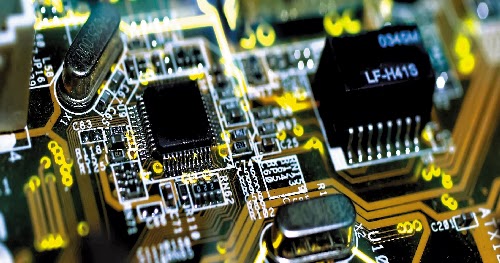
A Master of Science (M.S.) in Electronics and Communication Engineering is a postgraduate program that offers in-depth knowledge and specialized skills in the field of electronics and communication. This program is designed for individuals who have completed their undergraduate studies in electronics and communication engineering or a related discipline and wish to advance their expertise.
The curriculum of an M.S. in Electronics and Communication Engineering typically covers a range of advanced topics. This includes advanced electronics, digital signal processing, communication systems, microwave engineering, and integrated circuit design. Students may have the opportunity to delve into emerging technologies such as 5G communication, satellite communication, and wireless sensor networks.
One of the key components of an M.S. program is research. Students are often required to undertake a research project or a master's thesis, allowing them to contribute to the advancement of knowledge in their chosen specialization. This hands-on research experience helps students develop critical thinking skills and prepares them for careers in both academia and industry.
Graduates of M.S. programs in Electronics and Communication Engineering are well-prepared for challenging roles in various industries, including telecommunications, semiconductor design, information technology, and research and development. They may work as communications engineers, RF (radio frequency) engineers, signal processing engineers, or network architects, depending on their specialization and interests.
Moreover, the M.S. degree provides a pathway for those interested in pursuing further academic achievements, such as a Ph.D., enabling them to contribute to cutting-edge research and development in the ever-evolving field of electronics and communication engineering. Overall, an M.S. in Electronics and Communication Engineering equips graduates with the advanced knowledge and skills necessary to address complex challenges in the field and make meaningful contributions to technological advancements.